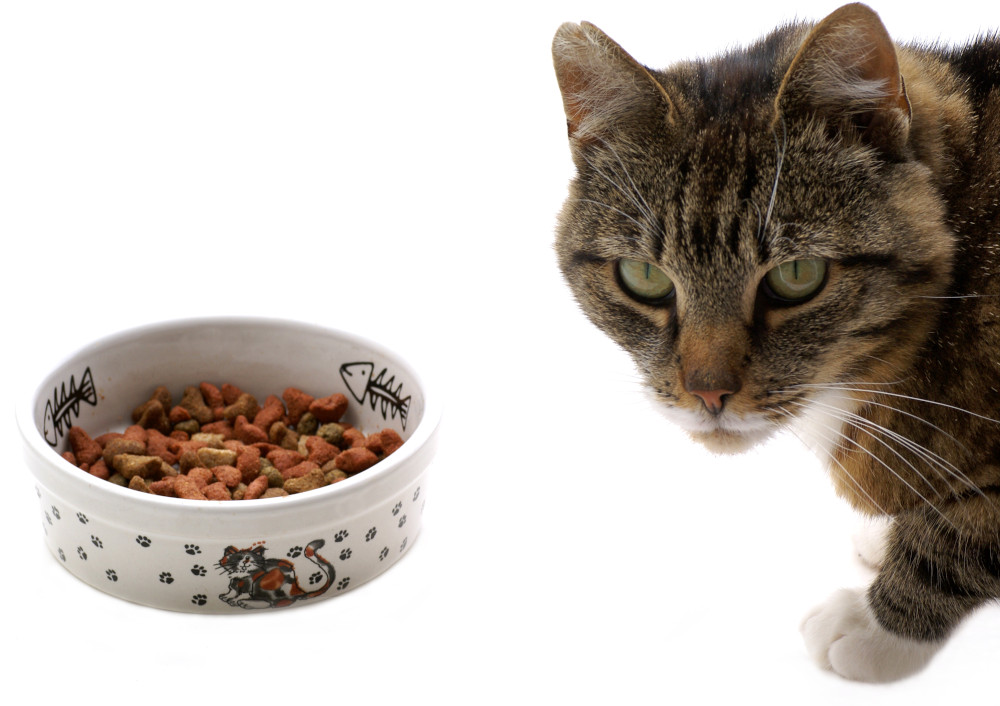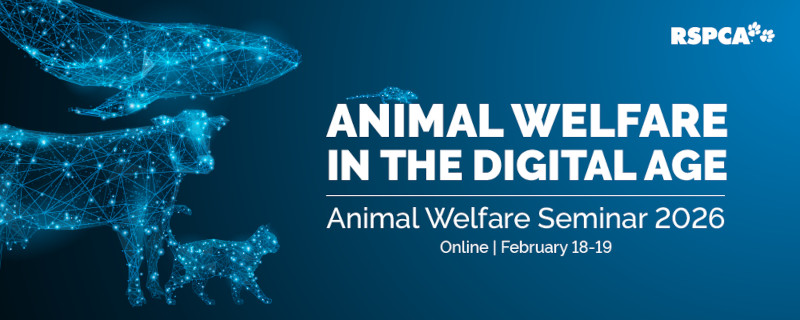
RSPCA Australia’s position is that pet food should not be irradiated.
According to the Department of Agriculture, irradiation of pet food for cats presents a unique case and because of detrimental nutritional changes in cat food, irradiation has not been used for this commodity since 2009. This followed the ‘Orijen’ cat cases in Australia that showed an association between ingestion of irradiated imported cat food and severe neurological impairment (including paralysis), which in some cases was fatal.
There is also a requirement that irradiated imported dog food be labelled ‘Must not be fed to cats’. RSPCA Australia would like to see a ban on the irradiation of all pet food for a number of reasons. Despite label warnings, irradiated dog food may still present a risk to cats that ingest irradiated dog food in a multi-species household. Some of the ‘Orijen cats’ reportedly only had access to irradiated dog food, not cat food. In addition, there may be as yet unidentified health effects on dogs following ingestion of irradiated dog food.
The background to this issue is that Australia has a favourable disease and pest-free status and in order to maintain this status, certain quarantine measures are in place. Pet food products present a high quarantine risk as they may contain animal disease agents or pests that are exotic to Australia. Therefore prior to issuing an import permit for pet food products, Australian Quarantine must be satisfied that the products have undergone sufficient treatment to mitigate any potential risk.
RSPCA Australia recommends that should an importer of pet food products fail to meet heat treatment requirements during manufacture or fail to have the product undergo further heat treatment, then an import permit should not be issued.

